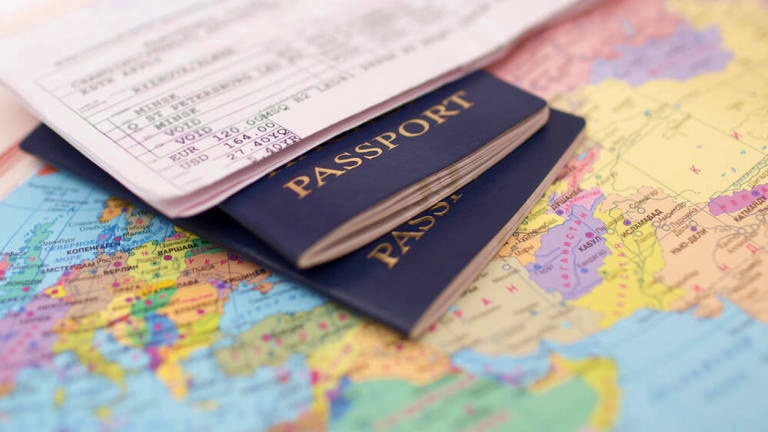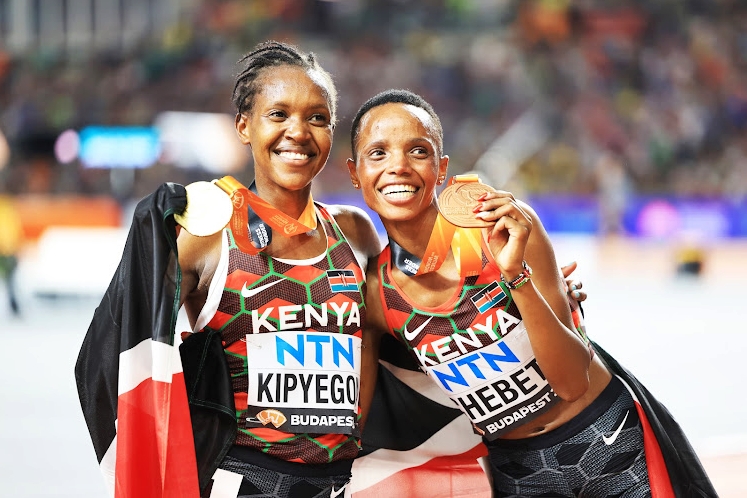Female African Presidents
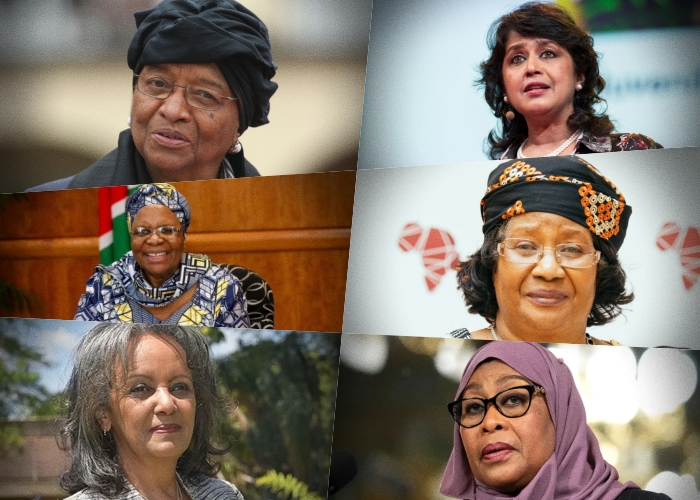
Photo : Female African Presidents
Africa, a continent rich in history, culture, and diversity, has seen a remarkable rise in female leadership over the past few decades. Women have broken through the glass ceiling to assume the highest office in their respective countries, challenging stereotypes and paving the way for future generations. This article explores the journeys, achievements, and legacies of Africa's female presidents, highlighting their contributions to their nations and the continent as a whole.
1. Ellen Johnson Sirleaf – President of Liberia (2006–2018)
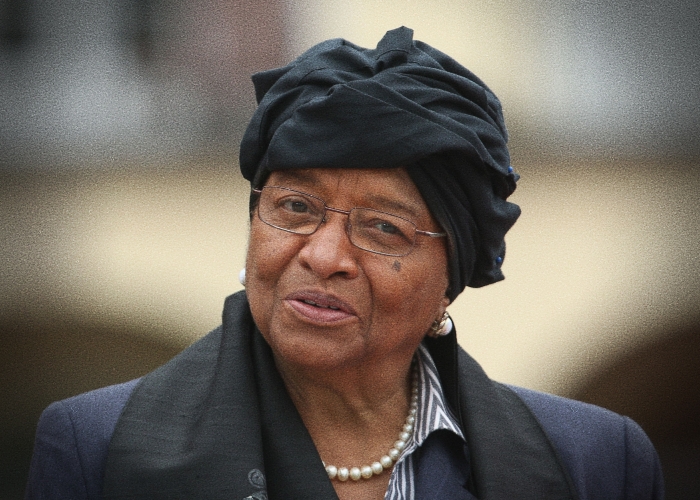
Ellen Johnson Sirleaf made history as the first elected female head of state in Africa when she became the President of Liberia in 2006. A Nobel Peace Prize laureate, Sirleaf played a crucial role in rebuilding Liberia after years of civil war. Her presidency focused on economic recovery, women's empowerment, and strengthening democratic institutions.
During her tenure, she attracted foreign investments, improved infrastructure, and advocated for gender equality. She also spearheaded efforts to combat corruption, though challenges remained in fully eradicating the issue. Sirleaf’s leadership was instrumental in stabilizing Liberia and positioning it for future growth.
2. Joyce Hilda Banda – President of Malawi (2012–2014)
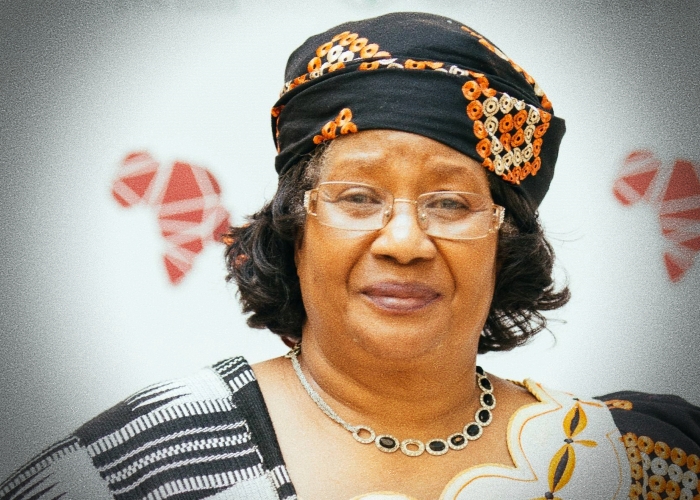
Joyce Banda became the President of Malawi following the sudden death of President Bingu wa Mutharika in 2012. As the country’s first female president, she implemented significant economic and social reforms, including restoring relations with international donors and implementing austerity measures to stabilize the economy.
Her administration also prioritized women's rights and entrepreneurship, launching initiatives to empower women in business. However, her tenure was marred by the "Cashgate" corruption scandal, which impacted her re-election bid. Despite this, Banda remains a prominent advocate for women's rights and democracy in Africa.
3. Ameenah Gurib-Fakim – President of Mauritius (2015–2018)
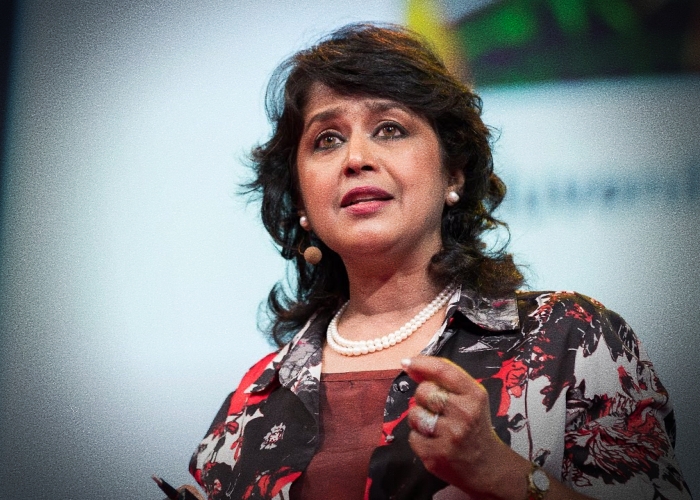
Ameenah Gurib-Fakim was the first female President of Mauritius, serving from 2015 to 2018. Unlike other female African leaders who rose through political ranks, Gurib-Fakim was a renowned scientist and biodiversity expert before taking office. Her presidency symbolized the intersection of science and leadership, emphasizing the importance of research and education in national development.
Despite her scientific background, her tenure was overshadowed by allegations of financial misconduct, leading to her resignation. Nevertheless, she remains a respected figure in academia and continues to advocate for scientific research and sustainable development.
4. Sahle-Work Zewde – President of Ethiopia (2018–2024)
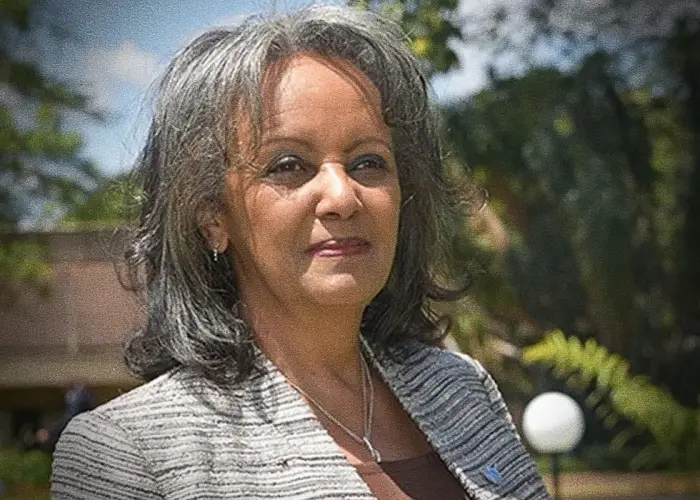
Sahle-Work Zewde made history as Ethiopia’s first female president in 2018. Unlike her predecessors on this list, she served in a largely ceremonial role since Ethiopia operates under a parliamentary system. Nevertheless, she used her platform to champion gender equality, peace, and regional stability.
A seasoned diplomat, Zewde had an extensive career with the United Nations before assuming the presidency. She focused on empowering women, advocating for education, and supporting peace efforts across Africa. Her influence extended beyond Ethiopia, making her a respected voice in international diplomacy.
5. Samia Suluhu Hassan – President of Tanzania (2021–Present)
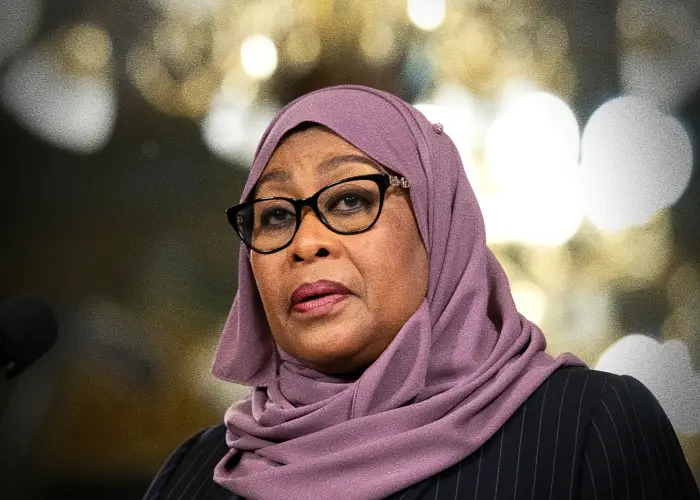
Samia Suluhu Hassan assumed the presidency of Tanzania in 2021 following the sudden passing of President John Magufuli. As the first female president of Tanzania, she has taken significant steps to strengthen democracy, economic policies, and international relations.
Her leadership has been marked by efforts to restore media freedom, promote COVID-19 awareness, and revamp the economy. She has also prioritized infrastructure development and social welfare programs, striving to foster unity in the politically diverse nation.
6. Netumbo Nandi-Ndaitwah – President of Namibia (2025)
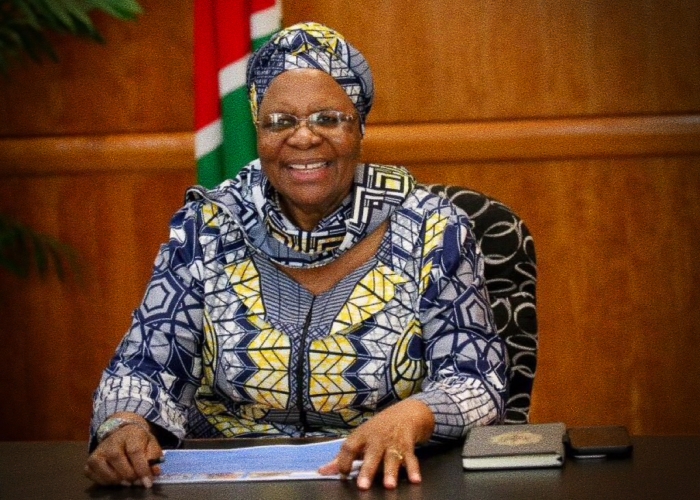
Netumbo Nandi-Ndaitwah is set to become the President of Namibia in 2025, making her the first female leader of the country. A seasoned politician, she has served in various government roles, including Deputy Prime Minister and Minister of International Relations.
As a long-time advocate for gender equality and social justice, her presidency is expected to focus on economic growth, foreign policy, and strengthening Namibia’s democratic institutions. Her leadership will be closely watched as she continues Namibia’s legacy of stable governance.
Frequently Asked Questions (FAQs)
1. Who was the first female president in Africa?
Ellen Johnson Sirleaf of Liberia became Africa’s first elected female president in 2006.
2. How many female presidents has Africa had?
Africa has had several female presidents, including Ellen Johnson Sirleaf (Liberia), Joyce Banda (Malawi), Ameenah Gurib-Fakim (Mauritius), Sahle-Work Zewde (Ethiopia), Samia Suluhu Hassan (Tanzania), and Netumbo Nandi-Ndaitwah (Namibia).
3. What challenges do female African leaders face?
Female leaders often face gender bias, political instability, corruption allegations, and limited political support.
4. What impact have female presidents had on Africa?
Female presidents have contributed to economic development, gender equality, improved international relations, and strengthened democratic institutions.
5. Will there be more female presidents in Africa in the future?
Yes, as gender equality progresses and more women participate in politics, Africa is likely to see an increase in female leaders.
Conclusion
The leadership of Africa’s female presidents demonstrates the resilience and capabilities of women in governance. Despite the challenges they have faced, these leaders have left a lasting impact on their respective nations and the continent as a whole. As Africa continues to embrace gender inclusivity in politics, the contributions of women in leadership will remain a vital force in shaping the future.





